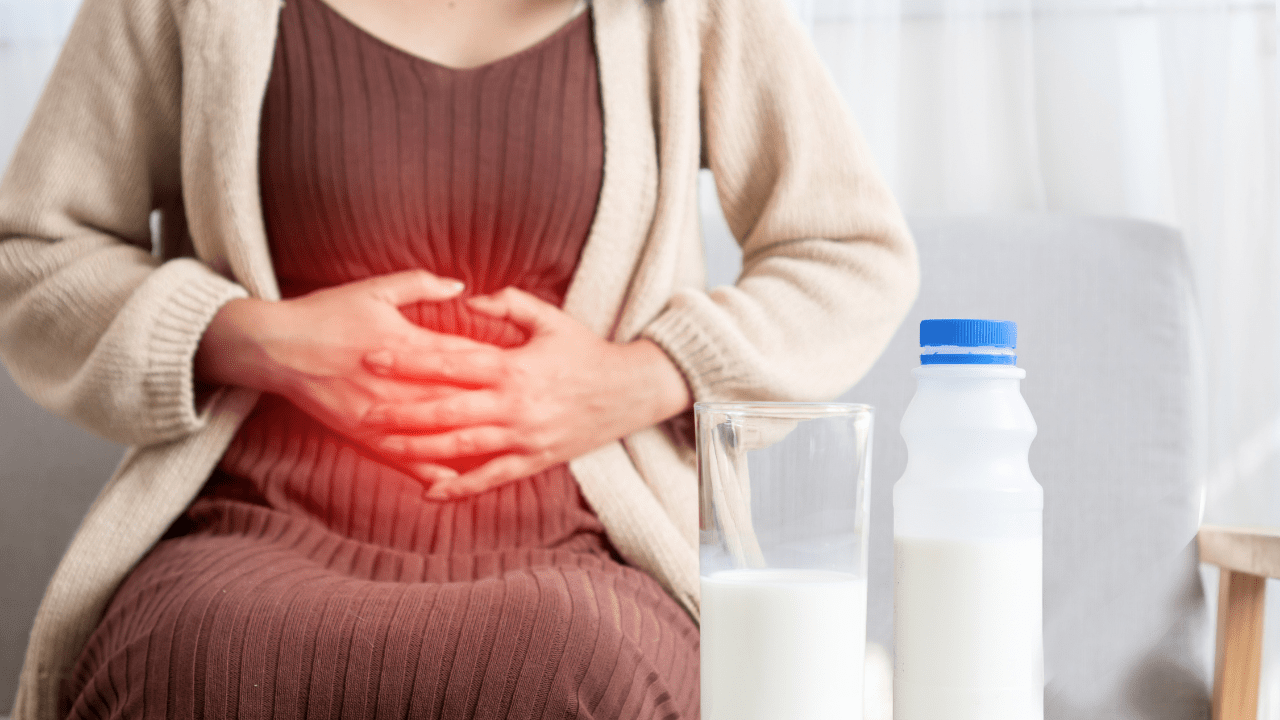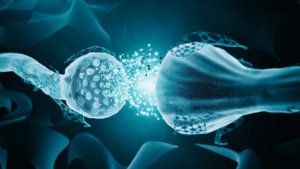Indigestion vs Hypochlorhydria
by Vanita Dahia
Seeing, smelling, tasting or thinking about food signals the appetite regulatory hormones in the brain to stimulate hunger, salivate, and initiate the release of digestive enzymes. The anticipation of eating begins the process of digestion with biliary, enzyme and acid secretions.
Digestion plays a key role in preparation of food starting by chewing action in the mouth later to be broken down sufficiently so that the lower gut can process, absorb, or eliminate unwanted particles.
When digestive enzymes or stomach acid is not produced sufficiently, you may experience symptoms of indigestion, hypochlorhydria, heartburn or Gastro-oesophageal reflux (GORD).
Symptoms of GORD
• heartburn and regurgitation
• pain with swallowing
• sore throat
• increased salivation
• nausea
• upper back pain or chest pain
• sleep apnoea
A doctor’s first line therapy for indigestion is often a prescription for a proton pump inhibitors (PPI)
PPI’s offer valuable relief for indigestion but unfortunately does not address the underlying cause.
Problems with Proton Pump Inhibitors (PPI’s)
PPI’s cause constriction of blood vessels which may be associated with high blood pressure and weakened heart.
PPI is a risk factor for small intestinal bacterial overgrowth (SIBO) due to an alteration in microbiota within the upper gastrointestinal tract.
PPI\’s also exacerbate non-steroidal anti-inflammatory induced intestinal damage because of shifts in the enteric microbial population. If you are taking a non-steroidal anti-inflammatory (NSAID’s) drugs for pain or inflammation, you may experience gastritis or pain in the gut due to the acidic nature of NSAID’s may contribute to gastritis due to its acidity. Intake of PPI\’s for indigestion can aggravate the acidity.
Are you suffering with Indigestion or Hypochlohydria?
Symptoms of Hypochlorhydria
• Bloating
• gas especially after meals
• abdominal tightness
• heartburn, indigestion
• undigested food in the stools
• constipation
• abdominal cramping
• foul smelling gas
Symptoms of Indigestion
• bloating
• belching on gas
• nausea and vomiting
• acidic taste in the mouth
• feeling of fullness after a meal
• growling stomach
• belly pain
• burning in the stomach or upper belly
Hypochlorhydria
Hypochlorhydria is a condition where there is a lack of adequate stomach acid, namely hydrochloric acid (HCl) being secreted into the stomach.
Food that is not broken down moves into the stomach and small intestine. Undigested food exits the gut without being used. We need sufficient acid levels firstly to antiseptise food as it enters the gastrointestinal tract, and breakdown of many trace minerals such as zinc, iron, copper, magnesium, calcium, boron, selenium and Vitamin B12.
Low acid secretions are associated with:
• drugs such as PPIs – medications used to treat stomach ulcers or gastric reflux
• increased age – as we age, we produce less digestive enzymes.
Hypochlorhydria is also associated with many health conditions predominantly
• Helicobacter pylori
• pernicious anaemia
• diabetes
• chronic conditions such as HIV, SLE, chronic pancreatitis
• small intestinal bacterial overgrowth (SIBO)
Always identify the underlying cause and restore the stomach acid levels with the professional guidance and the right lab tests.
Fortunately, the diet can play an important role in improving HCl levels in the stomach.
Testing for Hypochlorhydria
Main approaches to testing for hypochlorhydria (low stomach acid)
Gastric pH testing: This is a direct measurement of the acidity in your stomach. It can involve:
- Heidelberg capsule test: You swallow a small capsule with a pH sensor that transmits wireless signals to a receiver. The doctor monitors the pH changes as you ingest a standardized meal or baking soda solution.
- Gastric string test: You swallow a thin tube with a capsule containing a pH sensor on the end. After a set time, the tube is withdrawn, and the color change on the pH paper inside the capsule indicates the stomach acid level.
- Serum Gastrin Test: This blood test measures gastrin, a hormone produced by the stomach that stimulates acid production.
- Baking Soda Test: On an empty stomach, dissolve ¼ teaspoon of baking soda in a glass of water and drink it. Time how long it takes to burp. The theory is that if you have sufficient stomach acid, it will neutralize the baking soda quickly, leading to burps within 3-5 minutes. However, a delayed burp doesn’t necessarily indicate hypochlorhydria, and other factors can influence the results.
Foods that may benefit digestive capacity and hypochlorhydria include:
• bitter foods – spinach, rocket, lemon juice may stimulate digestions
• bromelain and Pat pain found in pineapples and papaya contain proteolytic enzymes which support digestion
• probiotic rich foods – Kiefer, yoghurts, miso soup, sauerkraut help regulate bowel flora
• prebiotic foods – banana, leeks, garlic, asparagus, oats will provide nourishment and support gut integrity for beneficial bacteria in the bowel
• Apple cider vinegar and lemon in water taken upon rising will stimulate gastric digestion
• increasing Omega three fatty acids – nuts, seeds, and salmon, tuna, flaxseed assists in reducing inflammation
Food to avoid in hypochlorhydria:
• antacids reduces stomach acidity
• foods that are difficult to digest or reduce hydrochloric acid secretions such as lentils, soybeans, and peanuts
• alcohol and smoking aggravates inflammation
Managing hypochlorhydria naturally
• eat small meals each day to help reduce the digestive load for the stomach
• drink sufficient fluids to enhance the flow of secretions
• take In a variety of foods including bitters to naturally support production of digestive enzymes
Supplementation for indigestion and hypochlorhydria
Betaine hydrochloride supplementation increases hydrochloric acid in the stomach, destroys detrimental bacteria in the stomach, and enhances the absorption of nutrients. Betaine stimulates the conversion of pepsinogen to pepsin to aid digestion.
Sources of Betaine:
• Echinacea, beetroot, spinach, wheat flour, broccoli
• Choline – needed for betaine metabolism. Sources of choline include beans, whole grains, and cereals
Zinc is needed in production of hydrochloric acid, also enhances immune function and promotes healing. Sources of zinc include sunflower and pumpkin seeds, whole grains, ginger, and cashews.
Folic acid and B12 are methylating cofactors needed for cellular growth. Sources of folate and B12 include green leafy vegetables, legumes, eggs, and fish.






